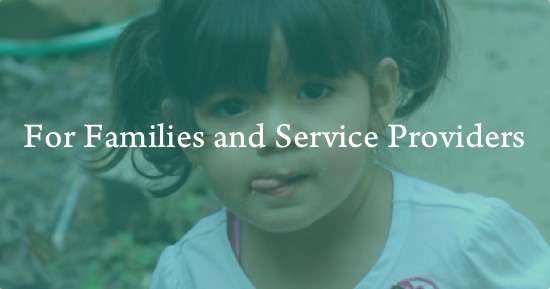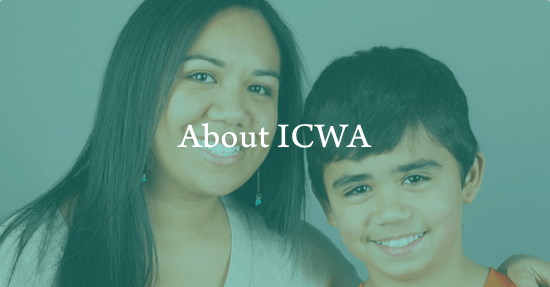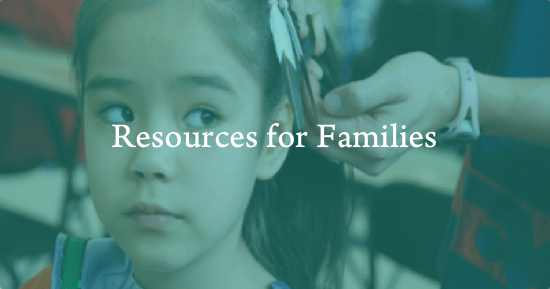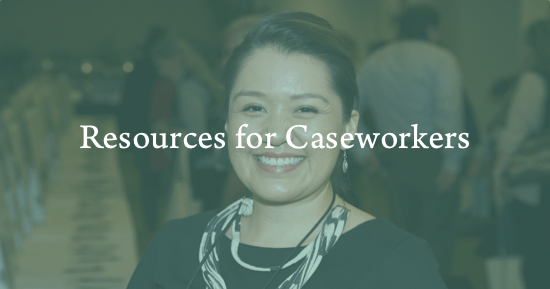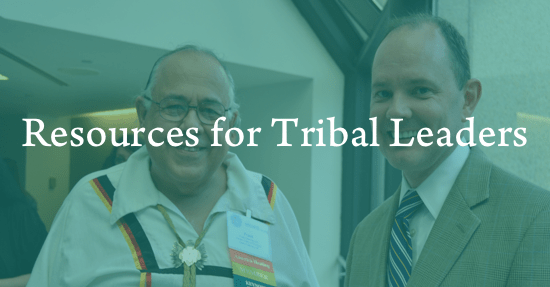
For Families and Service Providers
NICWA works to provide the best possible information and resources to families, child welfare workers, agencies, tribes, and tribal organizations seeking to provide support and care to Native children and families. We encourage families who need assistance to contact our office after reviewing answers to our frequently asked questions.
Please be aware that NICWA cannot provide any legal advice. Also note that NICWA is not a direct service provider. We do not provide case management or represent individuals or tribes in legal proceedings. If you contact us, our staff will do our best to answer your questions, provide emotional support, and direct you toward helpful resources.
Frequently Asked Questions
1. What is ICWA, and why was it passed?
2. How does ICWA protect American Indian/Alaska Native children and their families?
3. Who is covered by ICWA?
ICWA defines an “Indian child” as:
- Unmarried,
- Under 18, and
- A tribal member OR eligible for membership and the biological child of a tribal member (25 U.S.C. § 1903).
Under federal law, individual tribes have the right to determine eligibility, membership, or both. However, in order for ICWA to apply, the child must be a member of, or eligible for membership in, a federally recognized tribe.
4. What laws exist to protect the rights of First Nations families in the United States? In Canada?
5. Are there any proceedings involving the placement of an Indian child where ICWA does NOT apply?
6. I’m going through a divorce or separation, and my partner wants custody of our Native child. Does ICWA apply to my case?
7. I’m involved in a foster care or adoption proceeding. Does ICWA apply even if the tribe isn’t involved?
8. How do I know if my child is eligible for membership in a tribe?
Note that enrollment is only one path to membership. A child could be a tribal member without being enrolled with his or her tribe.
9. What if my child is Indian but is not a member of a federally recognized tribe?
10. What considerations should be made in an ICWA case?
- Providing active efforts to the family (see also “What are active efforts?”)
- Identifying a placement that fits under the ICWA preference provisions
- Notifying the child’s tribe and the child’s parents in a timely manner of the child custody proceeding
- Working actively to involve the child’s tribe, the child’s parents, and the child’s extended family in the proceedings and other important casework decisions
Your caseworker should be able to explain your rights under ICWA and any case actions in a manner that is easy for you to understand.
11. Who should you contact if you feel that your rights under ICWA are being ignored?
- An attorney (Indian law experience preferred)
- Legal services
- The child’s tribe
The court may order different services or a different placement if it is determined that ICWA is not being applied correctly.
12. I dispute the recommendations of the state child welfare department. What recourse do I have?
13. What are "active efforts?" What considerations should be made in an ICWA case?
ICWA mandates the state to make active efforts in every ICWA case in two areas:
- Provide services to the family to prevent removal of an Indian child from his or her parent or Indian custodian
- Reunify an Indian child with his or her parent or Indian custodian after removal
A cornerstone in the application of active efforts is active and early participation and consultation with the child’s tribe in all case planning decisions. Additionally, active efforts are different from “reasonable efforts.” For example, reasonable efforts might be only a referral for services, but active efforts would be to arrange for the best-fitting, culturally appropriate services; helping families overcome obstacles to engage in those services (such as by arranging transportation); and following up on the family’s impression of whether those services were successful or how services may need to change. See the 2016 federal regulations for 11 examples of active efforts (see 25 CFR 23.2).
ICWA’s provisions, including those for active efforts, apply whether or not the child’s tribe is involved in the custody proceedings.
14. I need an attorney for my custody case, but I don't think I can afford one. Where can I find an attorney?
15. My child has been placed in another home where I believe they are being abused. What can I do?
16. I'm a Native grandparent, and I want custody of my grandchild. Can ICWA help me?
17. I am a Native adult adoptee who wants to re-establish my connection with my tribe. How can I do that?
18. I am interested in becoming a foster or adoptive parent. Where do I start?
19. I am a non-Native foster or adoptive parent with an Indian child placed in my home. What should I know about ICWA, the cross-cultural needs of my child, and establishing a relationship with my child's tribe?
If your home is not in line with these placement preferences, it is important to ask your child welfare worker if “diligent efforts” were made to place the child according to ICWA’s preferences, or if “good cause” to deviate from the placement preferences was determined by the state court. If this did not occur, the state has violated federal law and the child may be in a placement that could be challenged and possibly changed.
It is important to help the child understand his or her tribal heritage and support the healthy development of their Indian identity. Studies show that children who grow up disconnected from their Indian heritage have higher rates of mental health and identity disorders, while children who remain connected with their communities and culture are more resilient or “bounce back” better from trauma (such as abuse or neglect). While there are various books and internet sites that contain general information on Indian culture, it is best if you work with the child’s tribe and extended family when possible to provide specific and culturally appropriate information and resources.
A good relationship with the child’s tribe is important to your child’s development. You should contact the tribe’s Indian child welfare department and see how they can assist you in making meaningful connections and identify appropriate resources. You can also connect with your local urban Indian community center to identify resources and help the child engage with the local Indian community.

